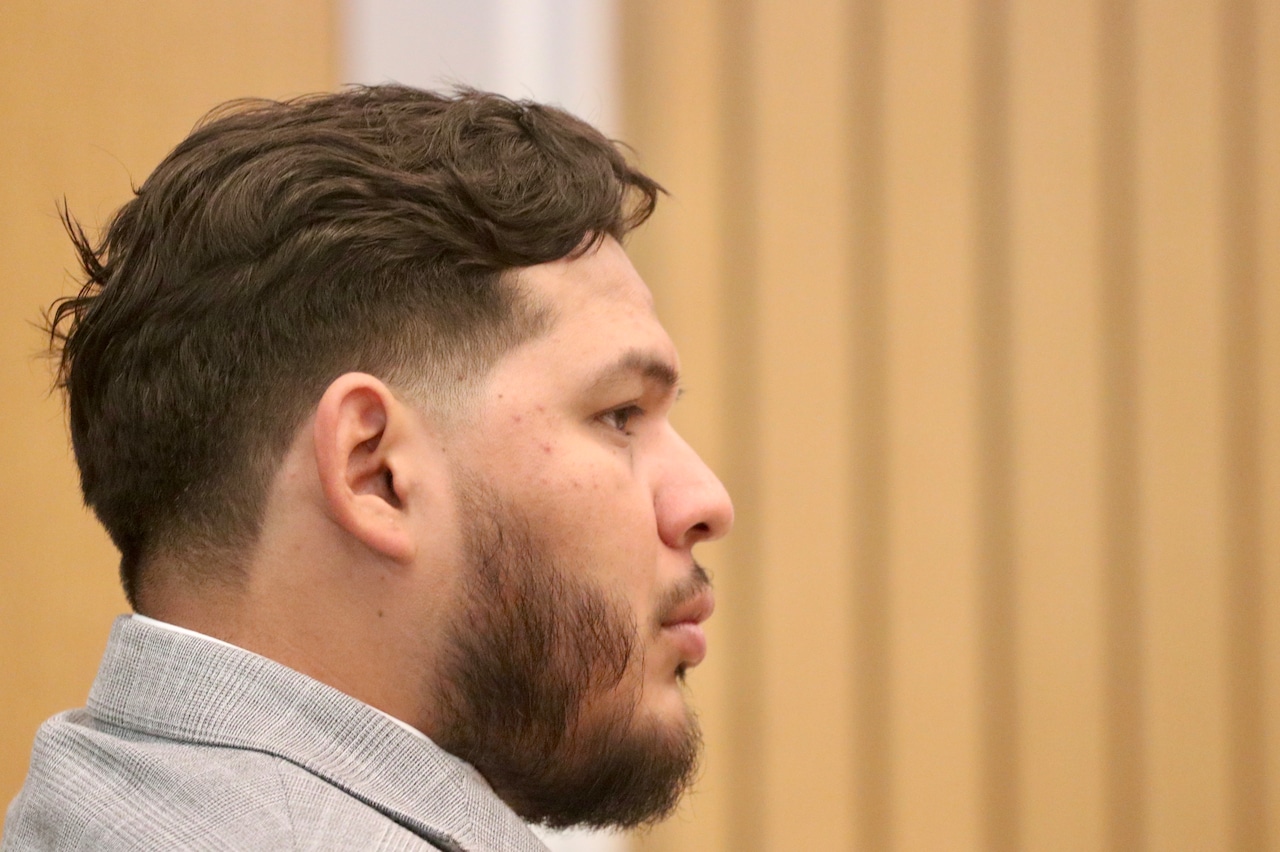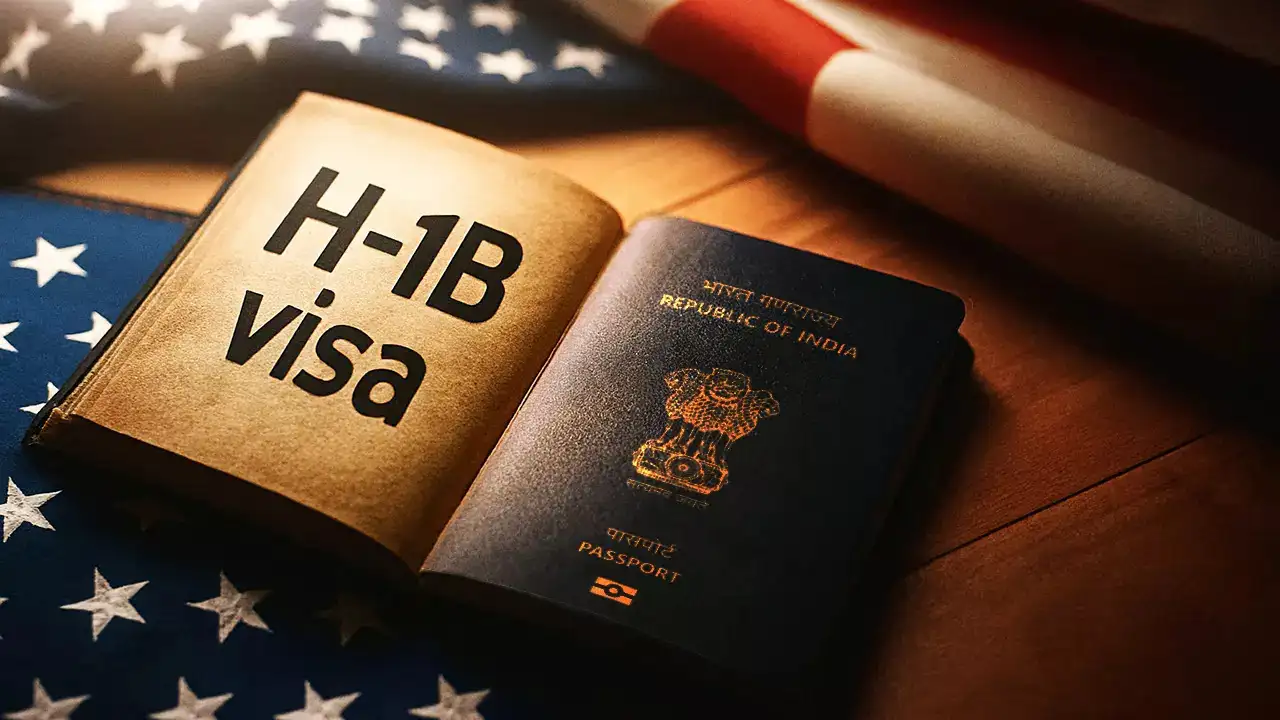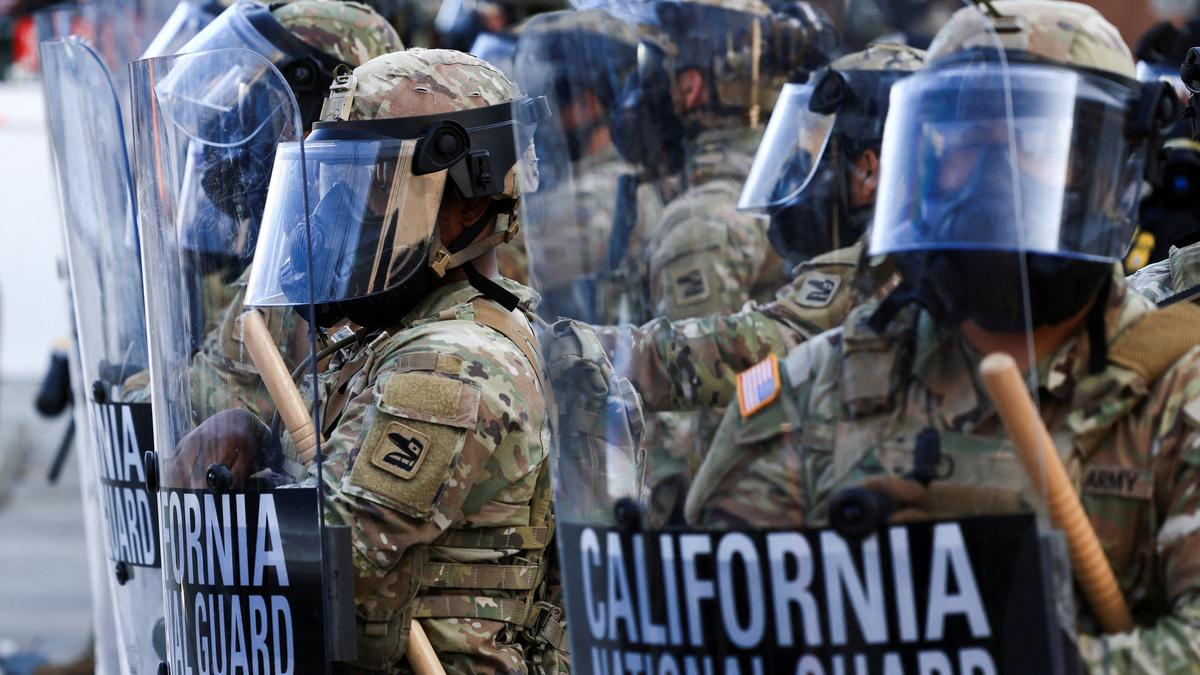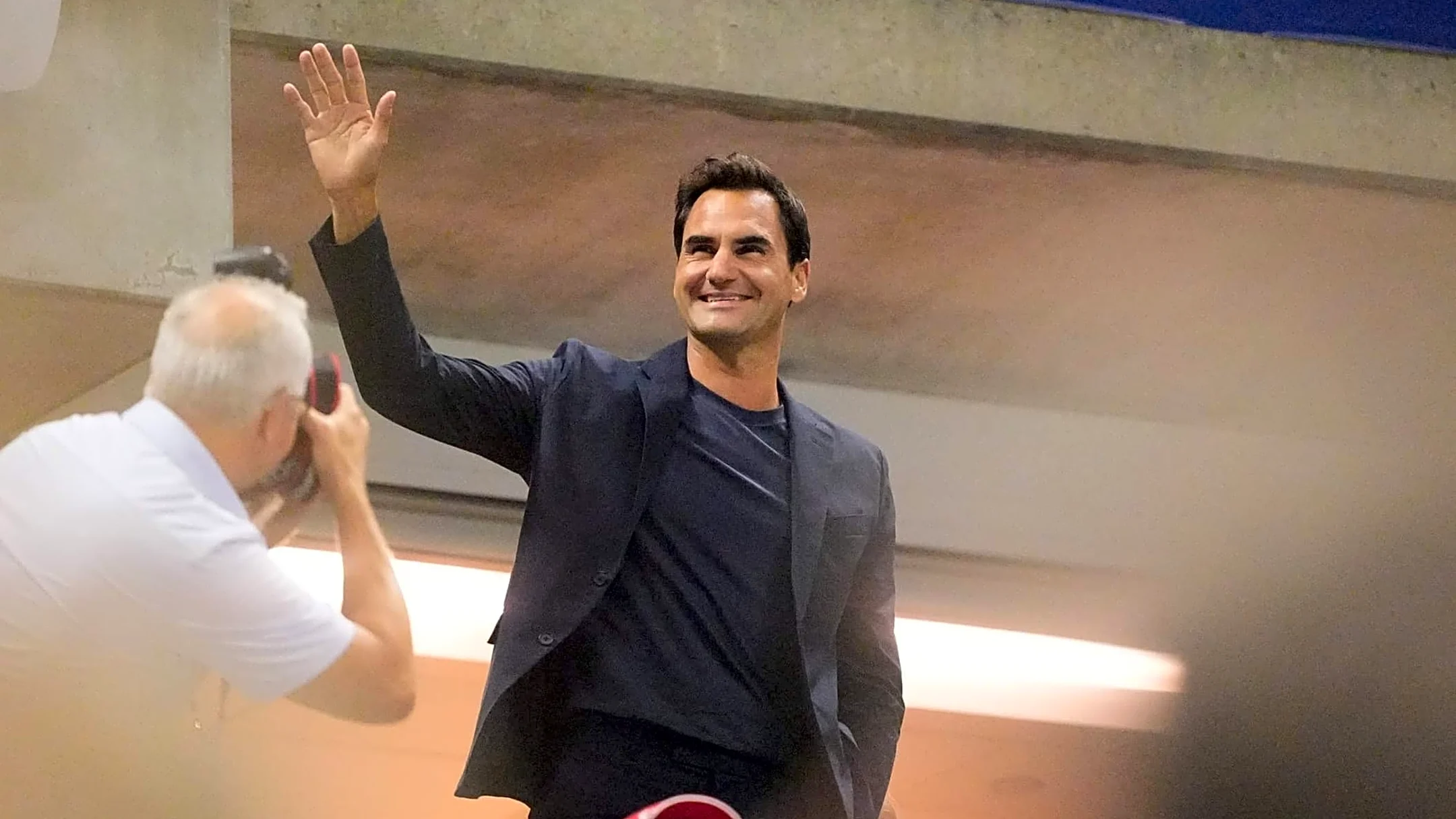
A jury needed less than three hours Thursday to determine that a Portland man had acted in self defense when he smashed a cocktail glass against the head of an unruly drinker who approached while shouting, “I’ll kill you!”
Abraham Bravo broke down in tears and embraced family members after the Multnomah County jury acquitted him of first-degree manslaughter in the Nov. 15, 2024 slashing of Samuel Van Dyke.
Bravo, now 29, had stepped out onto the patio of Church Bar off Northeast Sandy Boulevard that night and was talking to his younger sister on the phone when Van Dyke, already seated outside, began loudly complaining that Bravo’s talking was “so annoying.”
The two exchanged a series of taunts, prompting Van Dyke, 31, to leap from his chair while shouting “I’ll kill you, I’ll kill you,” adding several vulgarities, according to a video taken by Van Dyke’s girlfriend that was played in court.
Bravo smashed the glass onto Van Dyke’s face, shattering it — and in what defense attorney Daniel D.K. Small termed a “freak accident” — a shard slashed a major artery in Van Dyke’s neck.
“Mr. Bravo was minding his own business when he was aggressively accosted by a stranger,” Small told the jury of eight men and four women. “The possibility of inflicting a mortal wound did not occur to him; that’s a fact.”
Small noted that Bravo’s back was to the wall and that the altercation took less than three seconds. Van Dyke died in the hospital two days later.
Deputy District Attorney Sean Hughey argued that Bravo had actually swung at Van Dyke twice, suggesting he held onto a shard of the glass and “jammed” it into Van Dyke’s neck during the second blow. Van Dyke was unarmed when he approached, the prosecutor added.
Bravo then fled the bar and nearly left in his girlfriend’s car, but was talked into staying and was arrested a block away.
“Abraham Bravo was irrationally and unreasonably scared,” Hughey said during closings. “You can draw a lot of inferences from Mr. Bravo’s behavior after the fact.”
The prosecutor said Bravo had previously been sent to the hospital after someone else hit him on the head with a shot glass, meaning that Bravo was well aware of the danger of such a strike.
The bar’s surveillance cameras captured blurry footage of the fight, leaving the number of blows unclear. The defense attorney noted that his client’s hands were uncut, adding that Oregon law didn’t require Bravo to back down.
“Mr. Bravo wishes he had let himself be humiliated and run away,” Small said. “But he had the right to act in self defense, and that’s what he did.”
The jury agreed. After they were dismissed, Judge Jeffrey Auxier acquitted Bravo of first-degree assault, as the defense had sought for that charge to be tried separately without a jury.
Bravo, who works in construction, testified that his life has never been the same since the altercation.
“I’m broken,” he said. “I see his face every day.“



